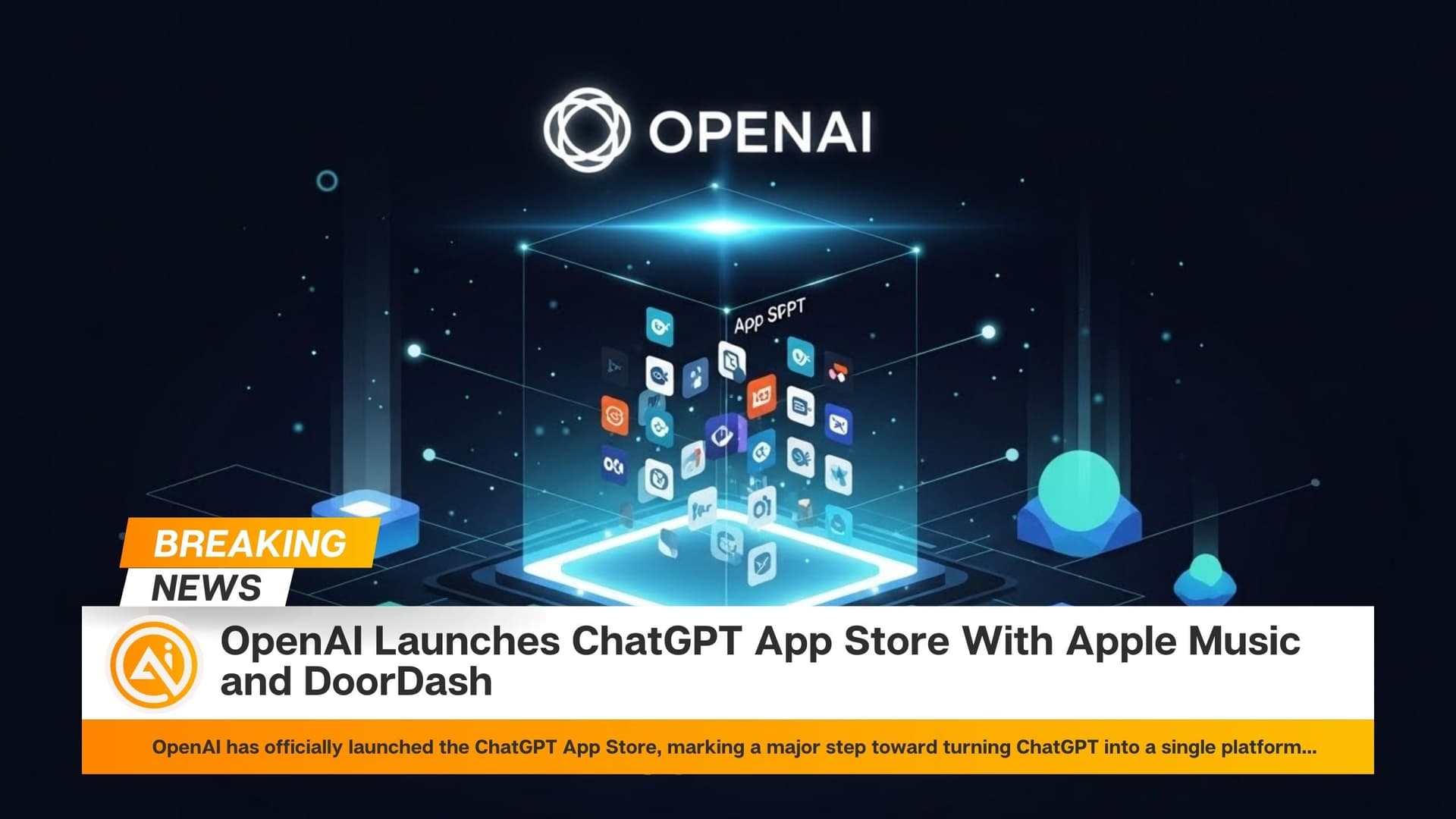Microsoft is expanding its Microsoft 365 Copilot with the introduction of "deep research" tools powered by artificial intelligence. This move comes in the wake of several AI chatbots, including OpenAI’s ChatGPT and Google’s Gemini, which leverage advanced reasoning models to enhance research capabilities. The new tools, named Researcher and Analyst, promise to elevate the research experience for users.
The researcher utilizes OpenAI’s deep research model, similar to the one used in ChatGPT, and combines it with advanced capabilities for orchestration and deep searches. According to Microsoft, Researcher can assist with various analytical tasks, such as formulating go-to-market strategies and preparing quarterly reports for clients.
On the other hand, Analyst is designed specifically for advanced data analysis. Built on OpenAI’s o3-mini reasoning model, it processes problems decisively, allowing users to refine queries and achieve detailed insights. Notably, Analysts can also execute Python programming to handle complex data inquiries, providing transparency in the analytical process.
One distinguishing feature of these tools is their ability to leverage work data alongside the larger web. For instance, researchers can integrate third-party data sources to access information from various applications like Salesforce and ServiceNow. However, there are concerns regarding the accuracy of the tools, as there is a risk of them generating incorrect information or relying on unreliable sources.
To offer these new features, Microsoft is launching a Frontier program, allowing Microsoft 365 Copilot customers to access Researcher and Analyst. This initiative aims to provide early access to experimental features for those enrolled, starting in April 2025.
